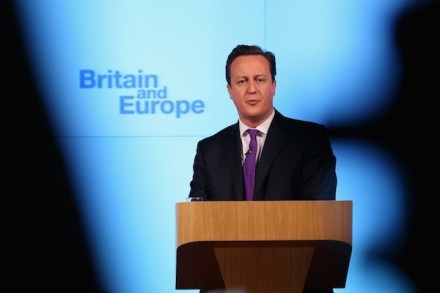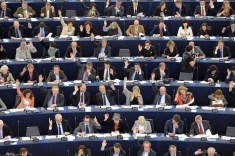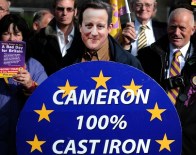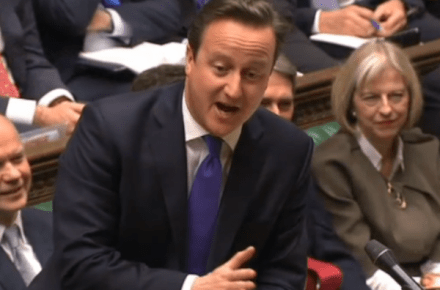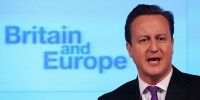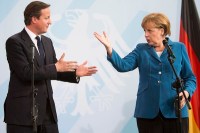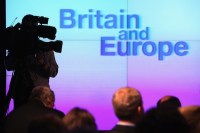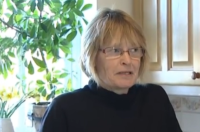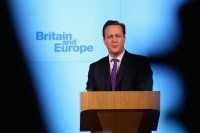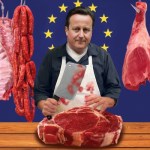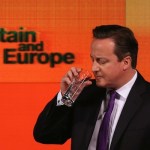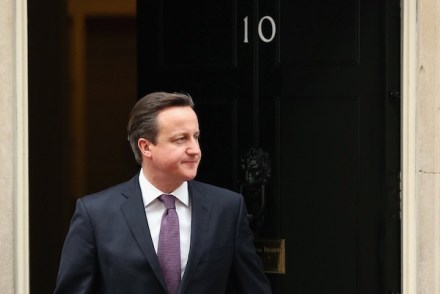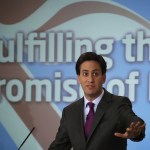David Cameron’s Europe speech: The Spectator’s verdict
Just for Coffee House readers, here is a sneak preview of the leading article from this week’s Spectator. Download our iPad and iPhone app to read the rest of the magazine first thing tomorrow. It was almost worth the wait. The substance of David Cameron’s speech on Europe was disclosed in this magazine a fortnight ago, but his delivery was excellent. He offered a clear-headed and almost touchingly optimistic vision of the type of union that the British public would find acceptable: one based on free trade, not bureaucratic diktat. One where power can flow back to countries, not be leached from them. And one founded on genuine popular consent,
